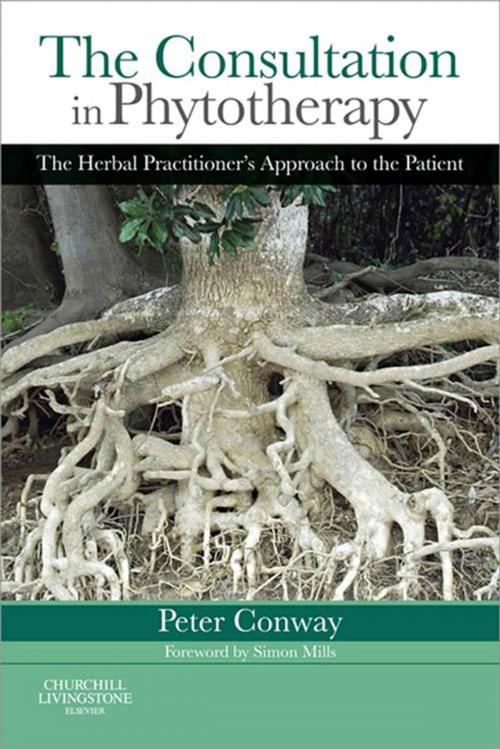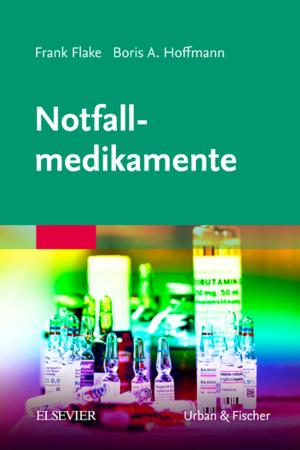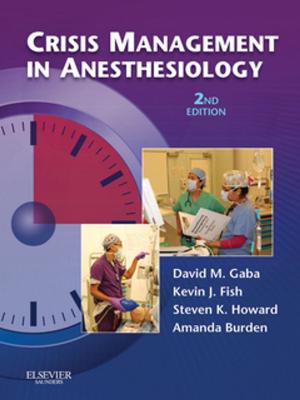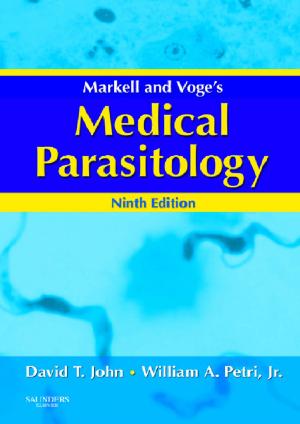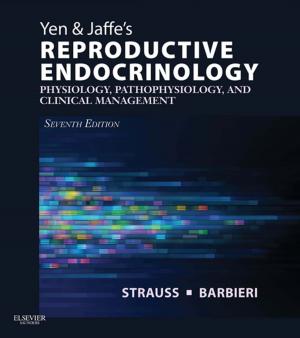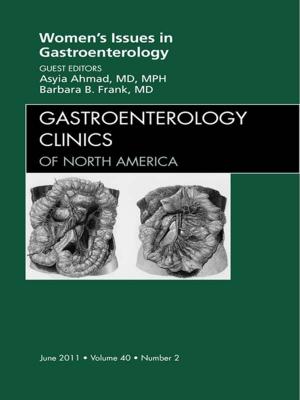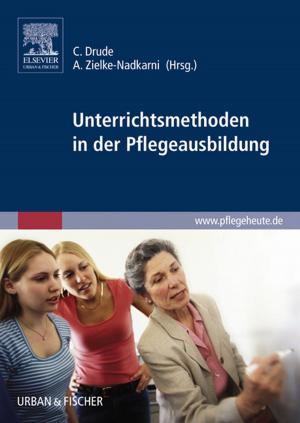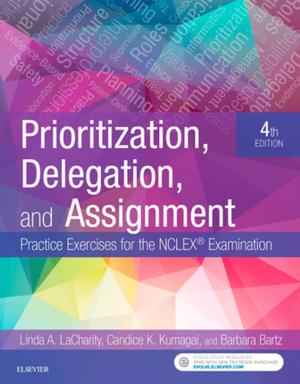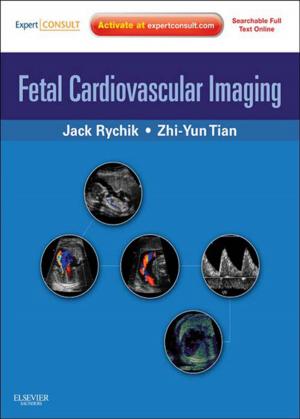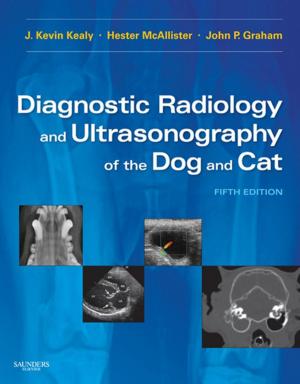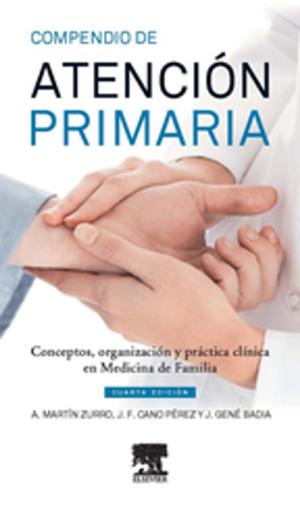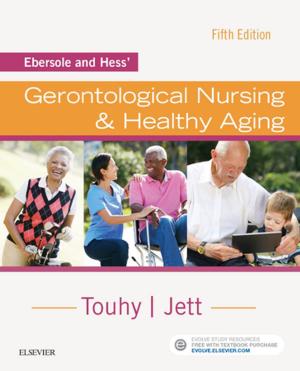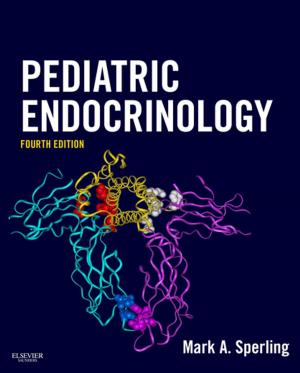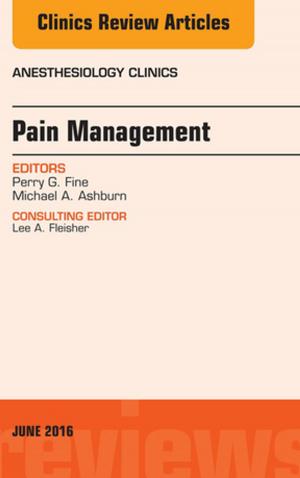The Consultation in Phytotherapy E-Book
The Herbal Practitioner's Approach to the Patient
Nonfiction, Health & Well Being, Medical, Alternative & Holistic Medicine, Alternative Medicine, Religion & Spirituality, New Age| Author: | Peter Conway, Dip Phyt, MNIMH, MCPP, DTM, Cert Ed | ISBN: | 9781455725274 |
| Publisher: | Elsevier Health Sciences | Publication: | September 20, 2010 |
| Imprint: | Churchill Livingstone | Language: | English |
| Author: | Peter Conway, Dip Phyt, MNIMH, MCPP, DTM, Cert Ed |
| ISBN: | 9781455725274 |
| Publisher: | Elsevier Health Sciences |
| Publication: | September 20, 2010 |
| Imprint: | Churchill Livingstone |
| Language: | English |
The Consultation in Phytotherapy considers the means by which the herbal practitioner can seek to appreciate the patient's predicament. Written for both herbal medicine students and practitioners, the book takes a radical approach, challenging readers to reflect on the nature, scope and methods of the consultation in herbal practice. The author asserts that the effective consultation represents a therapeutic act in and of itself, and proposes strategies for maximising and realising this therapeutic potential. The book provides both a complement to, and a critique of, mainstream texts on clinical diagnosis and case management. It contrasts the herbal consultation with that occurring in conventional medicine and offers rationales, arguments and tools aimed at developing an enhanced capacity to achieve profound results in the herbal clinical encounter.
About the Author
Peter Conway is a practising medical herbalist and has been involved in developing and teaching on several BSc and MSc courses in herbal medicine. He is the President of the College of Practitioners of Phytotherapy and a Director of the European Herbal and Traditional medicine Practitioners Association. Peter helped draft the National Professional Standards for Herbal Medicine and sat on the Department of Health Steering Group on the Statutory Regulation of Acupuncture and Herbal Medicine.
Key features
Provides a context for understanding and appreciating what is meant by "phytotherapy"
Explores the notion of the therapeutic relationship in herbal practice and how this can practically be facilitated
Considers all aspects pertaining to the aims and structure of the herbal consultation, including history taking, physical examination, investigation, concluding the consultation and providing ongoing care
Examines and integrates a broad range of perspectives including those connected with: placebo and the meaning response; complexity and chaos theories; psychoneuroimmunology; evidence- and narrative-based medicine; and phenomenological and traditional medicine approaches.
The Consultation in Phytotherapy considers the means by which the herbal practitioner can seek to appreciate the patient's predicament. Written for both herbal medicine students and practitioners, the book takes a radical approach, challenging readers to reflect on the nature, scope and methods of the consultation in herbal practice. The author asserts that the effective consultation represents a therapeutic act in and of itself, and proposes strategies for maximising and realising this therapeutic potential. The book provides both a complement to, and a critique of, mainstream texts on clinical diagnosis and case management. It contrasts the herbal consultation with that occurring in conventional medicine and offers rationales, arguments and tools aimed at developing an enhanced capacity to achieve profound results in the herbal clinical encounter.
About the Author
Peter Conway is a practising medical herbalist and has been involved in developing and teaching on several BSc and MSc courses in herbal medicine. He is the President of the College of Practitioners of Phytotherapy and a Director of the European Herbal and Traditional medicine Practitioners Association. Peter helped draft the National Professional Standards for Herbal Medicine and sat on the Department of Health Steering Group on the Statutory Regulation of Acupuncture and Herbal Medicine.
Key features
Provides a context for understanding and appreciating what is meant by "phytotherapy"
Explores the notion of the therapeutic relationship in herbal practice and how this can practically be facilitated
Considers all aspects pertaining to the aims and structure of the herbal consultation, including history taking, physical examination, investigation, concluding the consultation and providing ongoing care
Examines and integrates a broad range of perspectives including those connected with: placebo and the meaning response; complexity and chaos theories; psychoneuroimmunology; evidence- and narrative-based medicine; and phenomenological and traditional medicine approaches.
